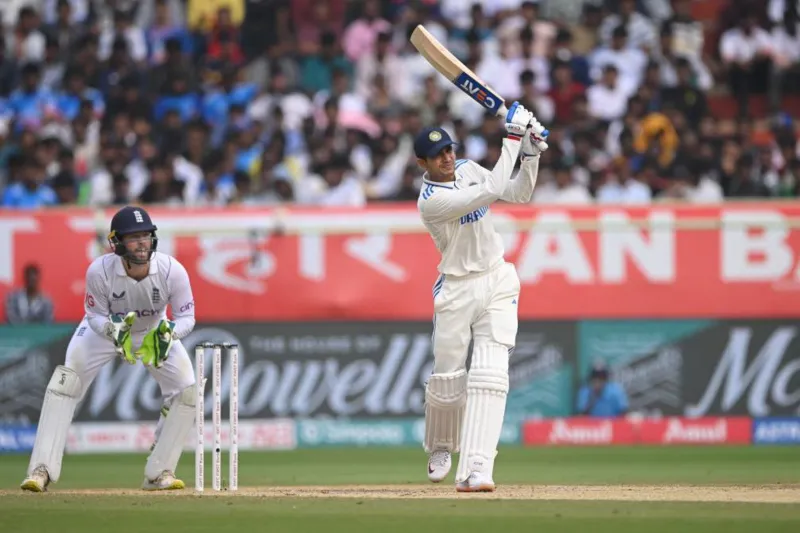When is Ramadan 2023 and how is the moon sighted?
Ramadan is determined by the Islamic lunar calendar, which begins with the sighting of the crescent moon.

The first day of fasting for the holy month of Ramadan in Mecca will likely be Thursday, March 23, depending on the sighting of the new moon.
Ramadan is determined by the Islamic lunar calendar, which begins with the sighting of the crescent moon. Saudi Arabia and other Muslim-majority countries rely on the testimonies of moon sighters to determine the start of the month.
How is the Ramadan moon sighted?
For the moon to be visible, the crescent must set after the sun. This allows the sky to be dark enough to spot the small slither of the new moon.
After the sun sets, moon sighters face west, with a clear view of the horizon to look for the new moon.
In Saudi Arabia, testimonies of people who have spotted the moon are recorded and the Judicial High Court decides when Ramadan should begin.
When does Ramadan begin in different countries?
According to Crescent Moon Watch, a moon tracker run by the United Kingdom’s Nautical Almanac Office, Ramadan’s new moon will begin on March 21 at 17:23 GMT (8:23pm Mecca time), with no sightings of any type being expected that night.
On the night of March 22, the new moon should be easily visible to the naked eye across many parts of the Middle East, North Africa, Western Europe and the Americas. The first fasting day is thus expected to be March 23 for those countries.
The new moon could possibly be seen without optical aid if the skies are clear across Afghanistan, Bangladesh, India, Iran, Pakistan and South Africa. Indonesia and Malaysia will most likely need optical aid to see the moon. For those countries, if the moon is sighted, the first fasting day of Ramadan will also be March 23. If not, then the first day of fasting will be March 24.
Lunar months last between 29 and 30 days, depending on the sighting of the new moon on the 29th night of each month. If the new moon is not visible, the month lasts 30 days.
Why is Ramadan holy?
Muslims believe that Ramadan is the month in which the first verses of the Quran were revealed to the Prophet Muhammad more than 1,400 years ago.
Throughout the month, observing Muslims fast from just before the sunrise prayer, Fajr, to the sunset prayer, Maghrib.
The fast entails abstinence from eating, drinking, smoking, and sexual relations to achieve greater “taqwa”, or consciousness of God.
Fasting is one of the five pillars of Islam, along with the Muslim declaration of faith, daily prayers, charity, and performing the Hajj pilgrimage to Mecca if physically and financially capable.
In many Muslim-majority countries, working hours are reduced, and most restaurants are closed during fasting hours.
Various Muslim-majority nations have a personalised greeting in their native languages. “Ramadan Mubarak” and “Ramadan Kareem” are common greetings exchanged in this period, wishing the recipient a blessed and generous month, respectively.
Last year, fasting across the world ranged from 10 to 20 hours a day.
At the end of Ramadan, Muslims celebrate Eid al-Fitr. In Arabic, it means “festival of breaking the fast”.
Depending on the new moon sighting, Eid al-Fitr this year is likely to fall on April 21.
-al jazeera







